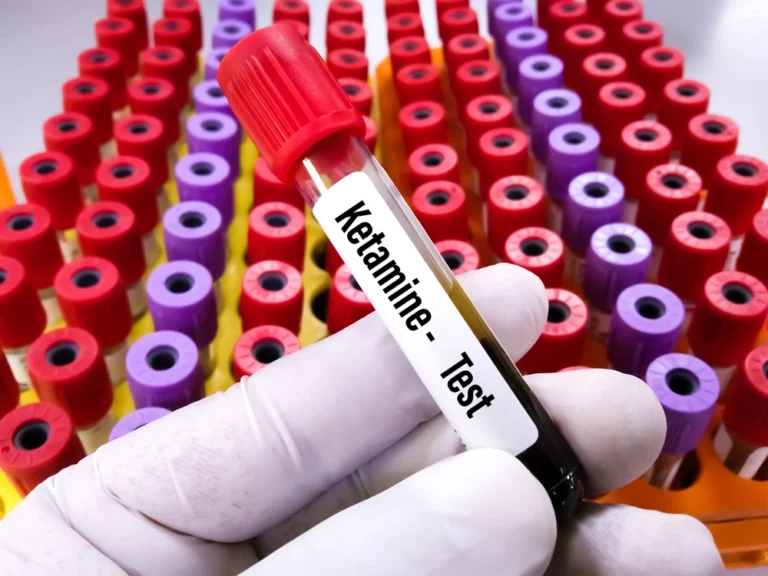What are the Best Relapse Prevention Techniques?
Relapse is one of the most challenging hurdles faced by individuals in recovery. Even after completing a treatment program, the risk of relapse is real and can be disheartening. However, relapse is not a failure; it is often a part of the recovery journey. In fact, studies show that between 40-60% of people in recovery relapse at least once. Understanding the best relapse prevention techniques can empower individuals to stay on track and maintain long-term sobriety.
5 Essential Strategies for Relapse Prevention
Staying sober requires intention, awareness, and proactive planning. Relapse prevention isn’t just about avoiding substances—it’s about equipping yourself with the right tools and habits to navigate life’s challenges. Here are five essential strategies to help you stay on track, manage triggers, build support, and maintain your recovery journey.
Identify and Manage Triggers
Triggers are people, places, situations, or emotions that can spark cravings and lead to potential relapse. Recognizing and managing these triggers is a key element in maintaining sobriety. There are two main types of triggers:
External Triggers: These are situations, people, or places linked to past substance use. Examples include visiting a bar or hanging out with old friends who still use drugs.
Internal Triggers: These involve emotional states like stress, anger, loneliness, or depression that can stir up cravings.
Techniques to Manage Triggers
- Avoid High-Risk Situations: Steer clear of environments or individuals that remind you of substance use.
- Develop Coping Strategies: Have a plan in place for when triggers arise, such as calling a supportive friend, practicing deep breathing, or using mindfulness techniques.
- Practice Self-Awareness: Journaling or therapy can help you better understand and process your triggers.
By identifying your triggers and implementing strategies to avoid or manage them, you significantly reduce your risk of relapse. Research suggests that people who actively manage their triggers are more likely to maintain long-term sobriety.
Develop a Support System
A strong support network is crucial for sustaining long-term recovery. Surrounding yourself with people who understand and support your journey can provide the motivation and encouragement needed to stay sober.
Key Components of a Support System
- 12-Step Programs and Support Groups: Organizations like Alcoholics Anonymous (AA) or Narcotics Anonymous (NA) offer a sense of community, accountability, and shared experiences.
- Friends and Family: Trusted loved ones can offer encouragement, motivation, and a listening ear during challenging times.
- Sober Mentors: Individuals who have successfully navigated their own recovery can provide valuable advice and empathy.
Benefits of a Support System:
- Accountability and encouragement
- Emotional support during difficult times
- Shared coping strategies and experiences
Consistent participation in support groups or meetings helps reinforce your commitment to sobriety. Individuals who regularly attend support groups are more likely to maintain sobriety compared to those who do not.
Cognitive Behavioral Therapy (CBT)
Cognitive Behavioral Therapy (CBT) is a highly effective approach for relapse prevention. This therapy helps you identify and alter negative thought patterns that may contribute to substance use.
How CBT Helps
- Identifying Thought Patterns: Recognizing thoughts that trigger cravings or justify substance use.
- Developing New Responses: Learning healthier responses and replacing harmful thoughts with constructive actions.
- Problem-Solving Skills: Building strategies to handle stress, anxiety, and other challenges without relying on substances.
Working with a licensed therapist specializing in CBT can enhance your ability to manage thoughts and behaviors effectively. Studies from the National Institutes of Health show that CBT can reduce relapse rates by 50% compared to other therapeutic approaches.
Practice Mindfulness and Meditation
Mindfulness and meditation are powerful tools that help you stay grounded, reduce stress, and manage cravings more effectively. By focusing on the present moment, you can better handle difficult emotions and avoid impulsive reactions.
Benefits of Mindfulness
- Reduced Stress and Anxiety: Mindfulness techniques help you manage stress without turning to substances.
- Increased Self-Awareness: Being present allows you to recognize cravings and respond calmly rather than impulsively.
- Improved Emotional Regulation: Meditation helps you observe thoughts and emotions without judgment, reducing emotional reactivity.
Simple Mindfulness Techniques
- Deep Breathing Exercises: Spend a few minutes focusing on your breath to calm your mind.
- Body Scans: Pay attention to physical sensations in different parts of your body to stay present.
- Guided Meditations: Use apps or recordings to guide your meditation practice.
Incorporating mindfulness into your daily routine can have lasting benefits. Research suggests that mindfulness-based relapse prevention can reduce relapse rates by almost half.
Create a Structured Routine
Establishing a consistent daily routine provides stability, purpose, and reduces the likelihood of relapse. When your day is planned, there’s less room for boredom or impulsive decisions.
Tips for Building a Routine
- Set Daily Goals: Plan activities that promote wellness, such as exercise, work, and hobbies.
- Schedule Recovery Activities: Attend therapy sessions, support group meetings, or workshops regularly.
- Maintain Healthy Habits: Prioritize sleep, healthy eating, and physical activity.
A structured routine helps you stay focused and motivated. According to Harvard Health, maintaining a consistent daily routine can improve mental health and reduce the likelihood of relapse by 60%.
Staying Strong in Recovery
Relapse prevention is an ongoing process that requires awareness, preparation, and support. By implementing these proven techniques, individuals can strengthen their resilience and increase their chances of long-term sobriety. At Louisville Recovery Center, we are committed to helping you navigate the challenges of recovery with personalized care and support. Remember, each day you choose sobriety is a victory. With the right tools and support, lasting recovery is within reach.







